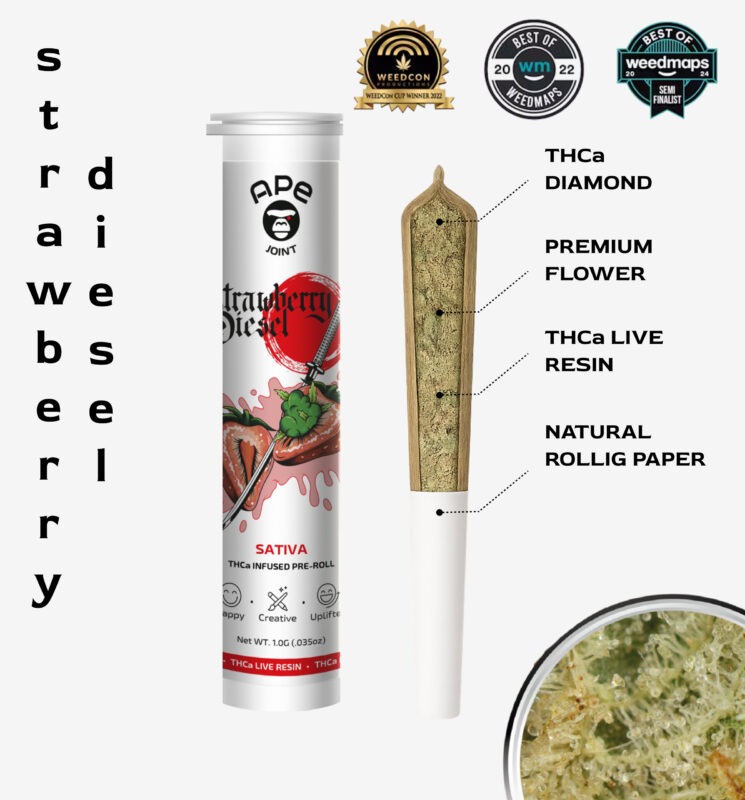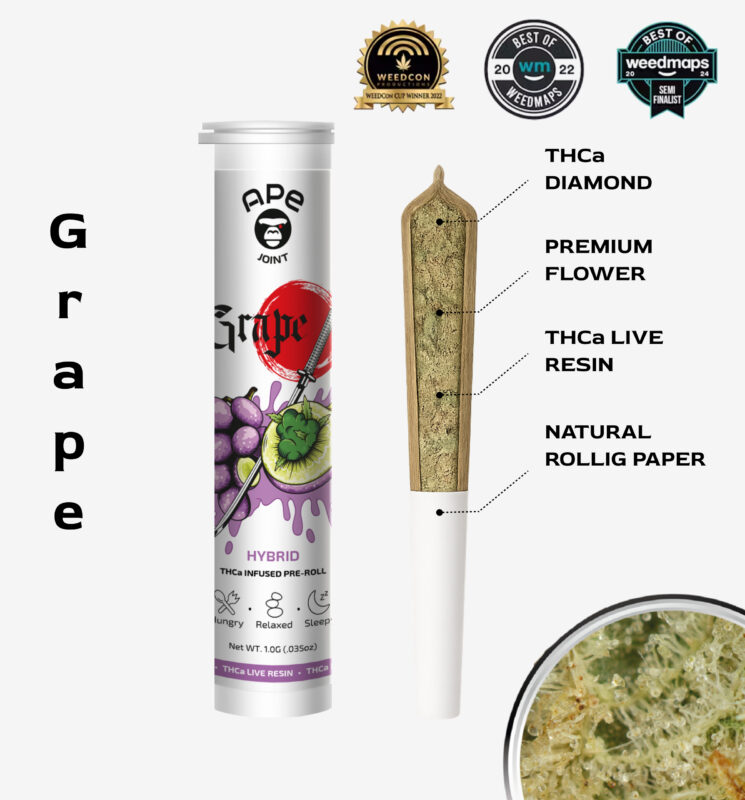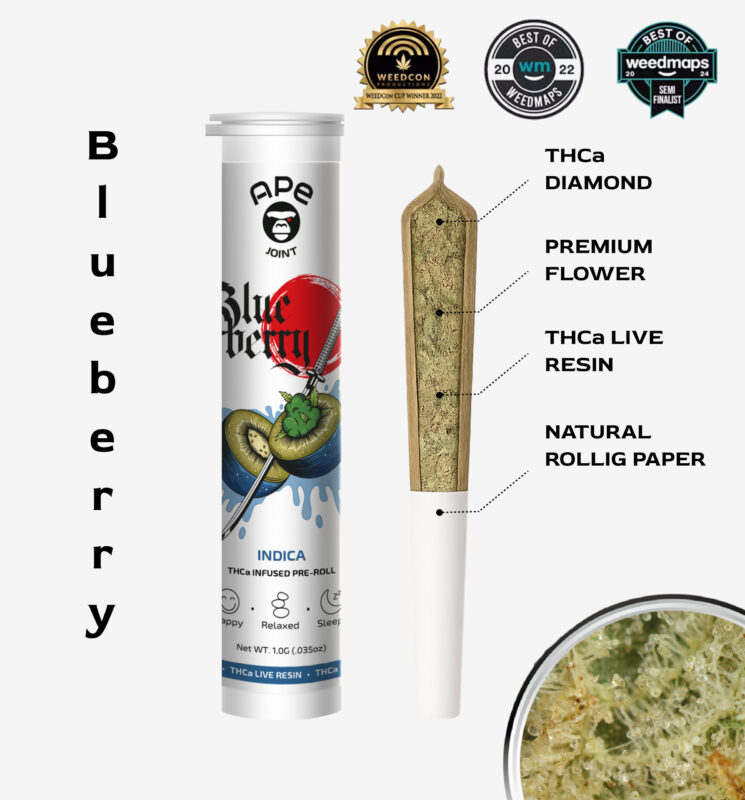Learn more about !
Organic vs. Genetically Modified Strains: Pros and Cons
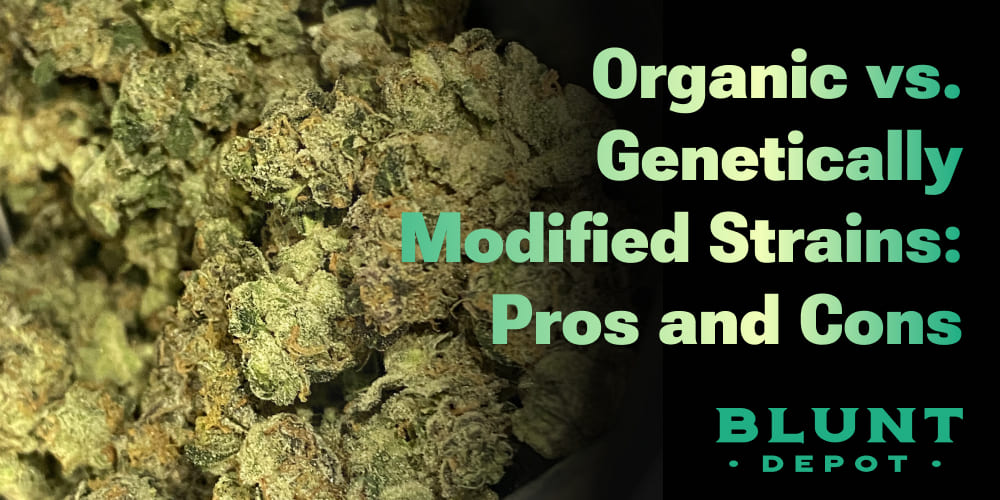
When it comes to growing cannabis, one question always comes up: organic vs. genetically modified strains — which one is better? This debate has been going on for years, sparking discussions among growers, both casual and professional. Let's break down what each method offers and why both have their own set of advantages and drawbacks.
Organic Strains: Back to Basics
When we talk about organic plants, we’re talking about growing without chemical pesticides, synthetic fertilizers, or any genetic modifications. It’s all about working with nature, not against it.
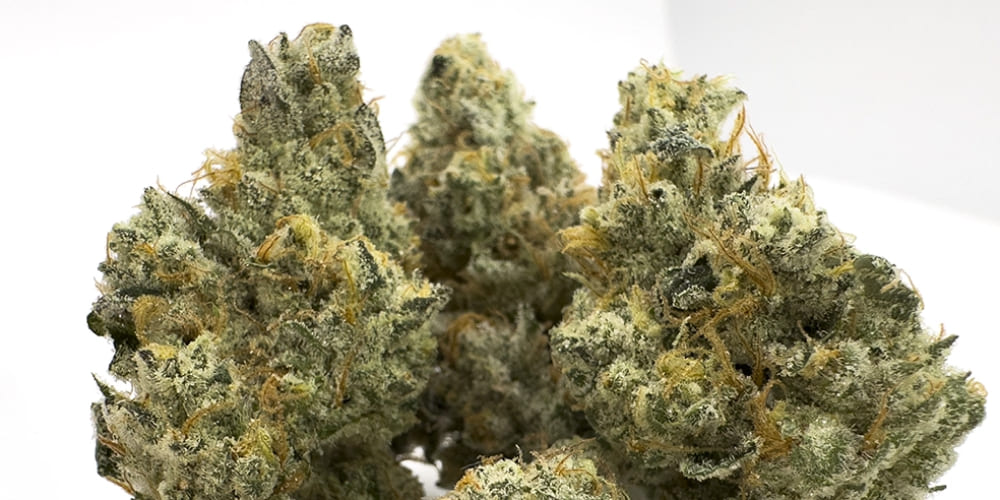
Pros of Organic Strains
Clean and Safe: The main benefit of organic plants is the absence of synthetic chemicals. They grow naturally, and consumers can feel confident they aren’t ingesting harmful substances.
Fuller Flavor and Aroma: Organic strains tend to have a more vibrant and rich flavor because the plants grow slower and get their nutrients from natural sources, which allows their terpenes and cannabinoids to develop fully.
Soil Health: Organic farming emphasizes restoring and maintaining soil health, which benefits both the plant and the broader ecosystem. Healthy soil makes plants more resilient and creates a sustainable farming environment.
Biodiversity: Organic farming supports biodiversity by using natural fertilizers and promoting beneficial insects, helping preserve ecological balance.
Cons of Organic Strains
Lower Yield: One of the challenges with organic methods is that they typically take more time and effort, and the yield is often lower compared to GMO strains. Plus, plants may be more vulnerable to pests, diseases, and other environmental stressors.
Higher Cost: Taking care of organic plants requires more time, labor, and financial investment, so the final product is usually more expensive.
Higher Energy and Resource Use: Organic farming tends to rely more on manual labor and natural fertilizers, which can lead to higher energy consumption and resource use per acre.
Mysterious – APE THCA BLUNT 2.2G
This product is available for orders totaling $99 or more.
Strawberry Diesel Infused-Joint 1g-THCa Diamond + THCa Live Resin
- Sweet strawberry with a diesel, earthy undertone
- Potent, smooth, and flavorful
- Provides a strong mental lift with clear-headed effects
- Enhances creativity and focus
- Promotes relaxation while maintaining energy
Grape Infused-Joint 1g-THCa Diamond + THCa Live Resin
- Sweet strawberry with a diesel, earthy kick
- Potent, smooth, and packed with flavor
- Delivers a strong mental boost with clear-headed effects
- Enhances creativity, focus, and mood
- Promotes relaxation without compromising energy
Blueberry Infused-Joint 1g-THCa Diamond + THCa Live Resin
- Sweet blueberry with earthy and floral undertones
- Smooth, potent, and flavorful
- Provides a strong mental boost with clear-headed effects
- Enhances focus, creativity, and mood
- Promotes a calming body relaxation without compromising energy
Genetically Modified Strains: Innovation in Agriculture
On the flip side, we’ve got genetically modified strains. These are plants whose genomes have been altered through modern technology to enhance certain traits, like disease resistance, pest resistance, and even adaptability to extreme weather conditions.
Pros of Genetically Modified Strains
Higher Yields: GMO strains often produce higher yields compared to organic strains because they’re designed to resist diseases and pests, reducing losses.
Resilience to Harsh Conditions: Genetically modified plants can be engineered to thrive in tough environments, like drought-prone areas, where traditional plants might struggle.
Faster Growth and Adaptation: GMO strains can grow faster, which is a huge plus for large-scale farming. Also, specific genes can be tweaked to improve the plant’s ability to produce desired compounds, increasing the overall quality of the product.
Optimized Nutrients: Genetic engineering can also boost plants with beneficial nutrients, like creating strains that produce higher levels of vitamins or other bioactive compounds that are good for your health.
Lower Chemical Use: Because GMO plants are more resistant to pests and diseases, they often require fewer chemical treatments, saving money on pesticides and fertilizers.

Cons of Genetically Modified Strains
Environmental Risks: A big concern with genetically modified strains is the potential for cross-pollination with wild plants or non-GMO crops, which could lead to unintended environmental consequences.
Potential Health Impact: While most studies say GMO products are safe, long-term research is still limited. It’s still uncertain what impact consistent consumption of these products could have on human health in the future.
Control and Monopoly: Big corporations developing GMO strains often patent their technologies, which could lead to monopolies in the market and limit access for smaller, independent farmers.
Higher Resource Use: Even though GMO plants can reduce the need for pesticides, they might require more water and other resources. For example, creating drought-resistant plants can increase the pressure on already limited water resources.
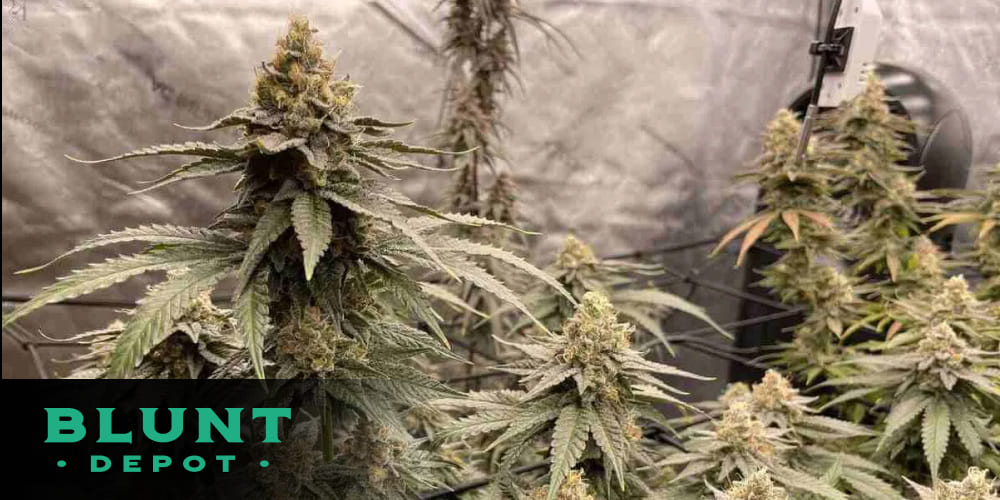
The Showdown: Which One’s Right for You?
Organic strains are all about purity, nature, and sustainability. But that purity comes with a price — both in time and money. However, there’s a certain beauty in that — not just the plant, but the entire ecosystem thrives around it.
On the other hand, genetically modified strains are the tech-driven solution, giving you better yields, resilience, and faster growth. They open up new possibilities, but they also come with concerns about long-term health impacts and environmental consequences.

So, which one should you choose? Ultimately, it depends on your goals. Organic farming is about balance with nature, quality, and sustainability, but it comes with some challenges like lower yields and higher costs. GMO farming is about maximizing productivity and adaptability, but it raises concerns about long-term effects on both health and the planet.
Don’t forget, though, the future might not be about choosing one or the other, but about integrating the best of both. Innovations in both organic farming and GMO technology might create a more effective and eco-friendly agricultural system that can provide high-quality products in a rapidly changing world.
The future could be about blending both worlds — using the best of organic and GMO technologies to create a more sustainable and resilient way of farming. Whatever you choose, the power is in your hands.
Frequently Asked Questions (FAQ)
Organic strains are cannabis plants grown without synthetic fertilizers, pesticides, or genetic modifications. The cultivation process is based on natural methods and substances like compost, organic fertilizers, and natural pest control techniques.
Genetically modified strains often have enhanced traits such as resistance to diseases, pests, and the ability to thrive in more extreme climates. These plants usually produce higher yields, grow faster, and require less care compared to organic strains.
The main risk of GMO cannabis lies in the potential long-term health effects on humans. Although most studies show that genetically modified plants are safe, the long-term impacts are still not fully understood. There is also the risk of environmental contamination through cross-pollination.
For cannabis to be considered organic, it must be certified, meaning it has passed inspections and meets organic farming standards. Such plants are not treated with chemicals and do not contain synthetic additives.
The main difference lies in the cultivation approach: organic cannabis grows naturally without chemical interventions, while genetically modified cannabis is altered using technology to improve yield and resistance to diseases.
Interesting Facts About Cannabis and Its Cultivation
Genetic modification of cannabis: In the 2000s, scientists began exploring genetic modification of cannabis to create more resistant strains with improved medical properties. Some of these modifications include altering cannabinoid levels such as THC and CBD.
Organic cannabis in medicine: Many patients using cannabis for medical purposes prefer organic strains as they ensure no chemical contaminants. This is particularly important for individuals with sensitive immune systems.
Cannabis as a soil restoration tool: Cannabis has the ability to restore soil. This process, known as phytoremediation, involves using cannabis to clean soil of heavy metals and toxic substances.
Low GMO content in cannabis: While genetically modified crops are widely used in agriculture, GMO cannabis is still less common compared to other GMO crops like corn or soybeans.


